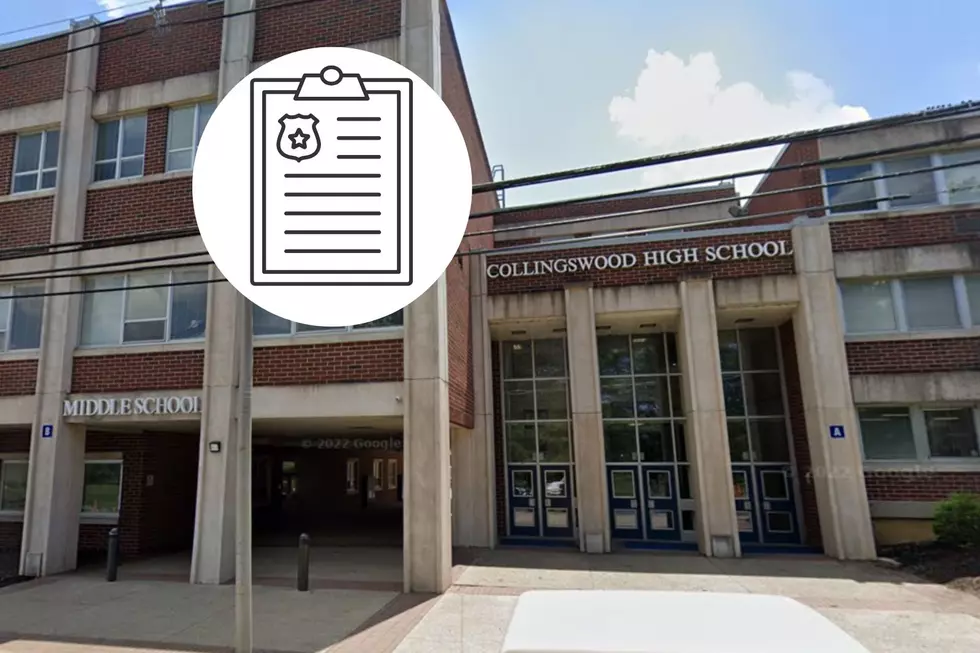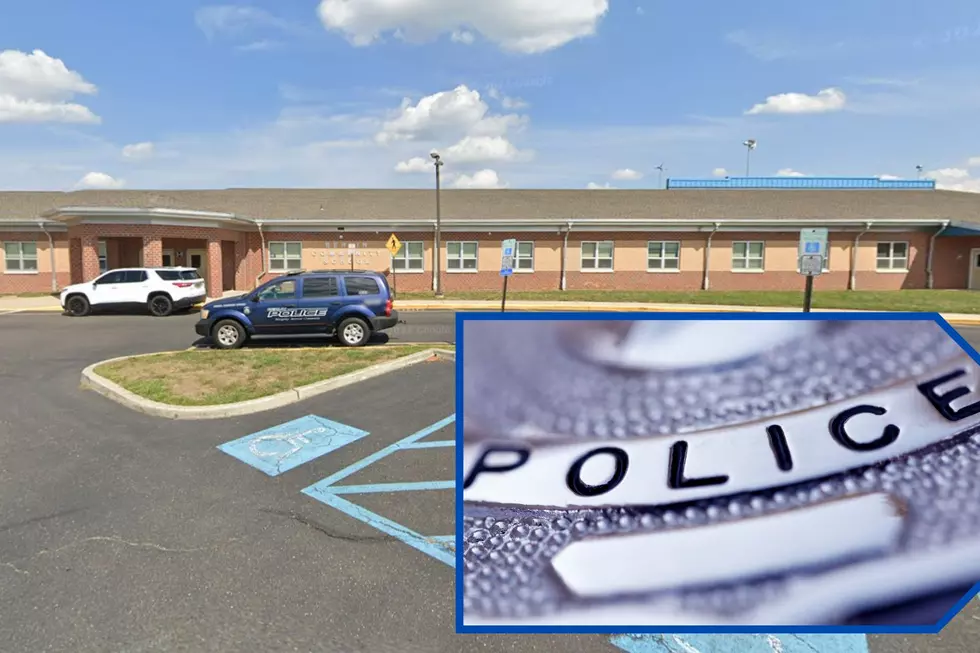
How safe is your child’s school bus? Here’s how you can find out
Next week is back to school for most New Jersey children. But are the school buses they're riding safe?
Sue Fulton, chief administrator at the state Motor Vehicle Commission, says the 23,400 school buses in the state undergo scheduled inspections twice a year, plus surprise inspections. Inspectors do about 600 inspections a year.
Parents can find information about their child's school bus performance inspections by going to the MVC website at www.state.nj.us/mvc/. School bus records are searchable by ZIP code, county, bus company, school district.
School buses have been under increased scrutiny following the fatal crash in May that killed elementary school teacher Jennifer Williamson and 10-year-old student Miranda Vargas from Paramus. The school bus was torn apart by a truck after the school bus driver attempted to make an illegal U-turn, police say. The driver, Hudy Muldrow Sr., 77, has been charged with vehicular homicide.
On Saturday, Gov. Phil Murphy signed a law requiring all new school buses to be equipped with three-point lap and shoulder seat belts.
School buses undergo an 180-point checklist inspection. Inspectors check the inside of the bus to make sure the seat belts work as well as the interior lights, all the warning lights and the lights on the driver's instrument panel.
They inspect the outside of the bus. They are looking at the tires, looking for leaks, loose brake or fuel lines and they look under the hood to make sure the hoses and belts are in order.
The bus inspections also look at bus maintenance records and the drivers' records. They'll verify whether drivers' licenses are in good standing and examine their driving history for violations.
Fulton says the most common problem found during bus inspections falls under the category of lights because there are so many of them: interior, brake, instrument panel, headlight, taillight and emergency lights.
Other common inspection failures include ripped seats, tires with bubbles and missing lugnuts.
If a bus fails any one of the 180 points, it is taken out of service immediately until it's 100 percent ready to go. Most of these problems, however, are fixed before the inspector leaves the site.
For serious problems, Fulton says a 30-day rejection sticker is issued, meaning a bus has 30 days to get the issue fixed.
Fulton says it's a good idea for older drivers to get additional medical examinations because the general medical consensus is that when you reach a certain age, there is a greater chance that you may experience a health condition that may make you unable to drive a bus.
Lawmakers have proposed making it mandatory for bus drivers that are 70 or older to submit annual proof of physical fitness, and for drivers over the age of 75 to submit proof every six months.
Also on New Jersey 101.5:
More From New Jersey 101.5 FM









